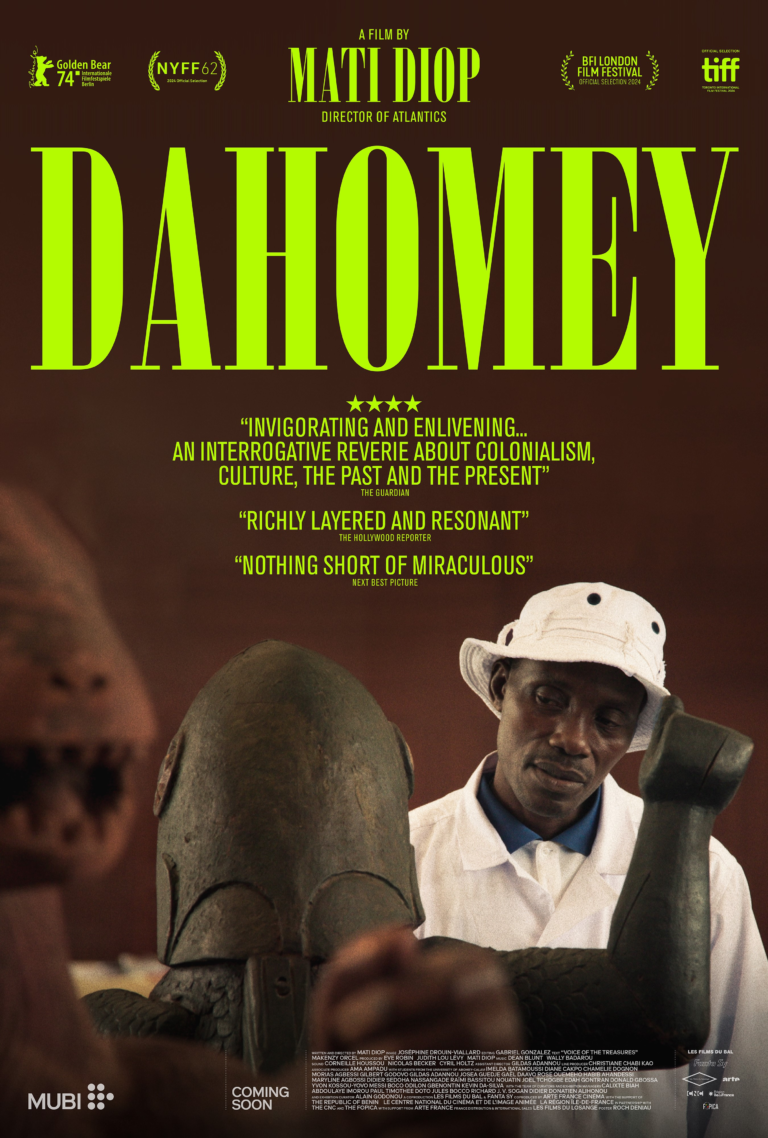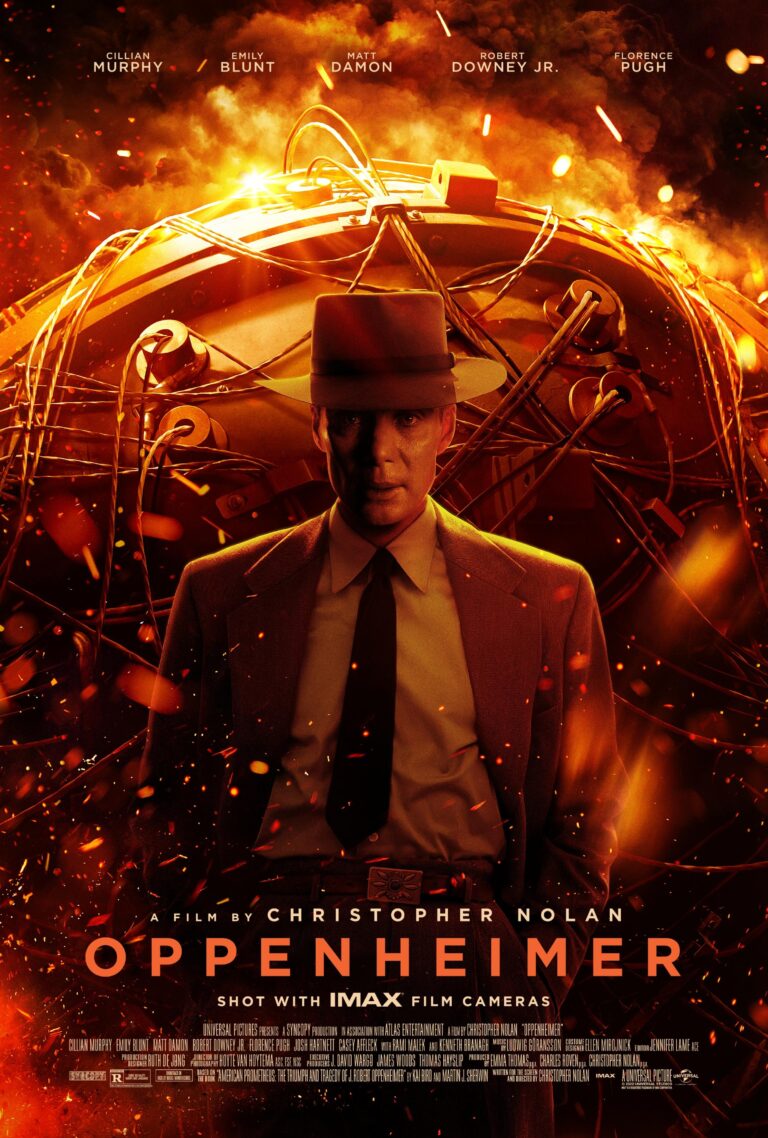Mary Christian Review

In Mary, D.J. Caruso and Timothy Michael Hayes offer a cinematic interpretation of one of Christianity’s most cherished figures. The story of the mother of Jesus, revered and loved across time, has always carried a weight of spiritual significance. With the promise of a coming-of-age saga, the film seemed poised to shine a fresh light on the humanity and divinity intertwined in Mary’s life. Instead, it delivers a confusing, half-hearted portrayal that, while respectful, never quite manages to soar.
A Story with Great Potential—Squandered
Let’s begin with the heart of the issue: Mary doesn’t trust its audience. It’s as though the filmmakers felt compelled to hold the viewer’s hand, walking them step-by-step through Bible verses dramatized without nuance or creativity. The film reduces these profound moments to mere reenactments, draining them of their emotional resonance. What could have been a moving exploration of Mary’s internal struggles and triumphs feels more like a dry Sunday school lesson brought to life on screen.
Take the Annunciation, for instance, arguably one of the most pivotal moments in her story. Instead of focusing on Mary’s awe and trepidation or her courageous acceptance of God’s plan, the scene feels flat, almost perfunctory. This is emblematic of the movie’s overall approach—it wants to inspire but struggles to move beyond a surface-level retelling of familiar events.
Where is Mary, the Person?
The heart of Mary’s story lies in her humanity. Her willingness to embrace God’s will is extraordinary precisely because it comes from a young, ordinary woman living in difficult times. And yet, this version of Mary remains an enigma. Her emotions, her relationships, her daily life—everything that might have helped us connect with her—is either glossed over or left unexplored.
For instance, her relationship with Joseph is barely given any weight. How did he grapple with the revelations surrounding Mary’s divine pregnancy? How did their partnership evolve as they navigated a destiny neither of them could have fully understood? These questions are ignored in favor of a paint-by-numbers depiction of their journey to Bethlehem.
Even Mary’s interactions with her community are muted. The skepticism and judgment she likely faced, the small joys and sorrows of her daily life—these human elements are what could have made her story feel alive. Instead, the film relies too heavily on her iconic status, failing to let her shine as a relatable, flesh-and-blood character.
A Sanitized Herod
If Mary’s characterization is underwhelming, the portrayal of Herod is downright frustrating. Here was an opportunity to highlight the stark contrast between the oppressive darkness of his rule and the light of Christ’s arrival. But rather than delving into the horror of Herod’s actions—particularly the Massacre of the Innocents—the film opts for a watered-down version that lacks emotional weight.
Herod’s cruelty was a defining feature of the world into which Jesus was born, a reminder of the brokenness that Christ came to heal. Ignoring or minimizing this element robs the story of its dramatic tension. Without a strong sense of the stakes, the triumph of Mary’s faith and Christ’s birth feels less impactful.
Moments of Grace Amidst the Chaos
It’s not all bad, though. There are brief glimpses of what Mary could have been. In one quiet moment, Mary gazes at the stars, contemplating her role in God’s plan. It’s a scene filled with a sense of wonder and vulnerability, capturing the enormity of her calling. For a fleeting moment, the film connects with the audience on a deeper level, reminding us of the faith and courage it must have taken for a young woman to say “yes” to God.
Visually, too, the film occasionally succeeds. Sweeping shots of the Judean countryside evoke the humble beauty of Mary’s world, while tender close-ups hint at the emotions the script fails to fully explore. These moments, while too few, offer a glimpse of the reverence the filmmakers clearly intended.
A Christian Perspective
As a Christian viewer, it’s hard not to feel disappointed by the film’s lack of depth. Mary’s story is one of profound faith and courage, a testament to God’s ability to work through ordinary people to accomplish extraordinary things. And yet, this film barely scratches the surface of those truths.
The Annunciation, the Magnificat, the presentation at the temple—these moments should have been infused with awe and wonder. Instead, they feel rushed, almost obligatory. Where is the joy of Mary’s song of praise, the sorrow of Simeon’s prophecy, the quiet strength of a mother raising the Savior of the world? These elements are present but muted, leaving the audience yearning for more.
From a theological standpoint, the film also misses an opportunity to explore Mary’s role in salvation history. As the Theotokos, the God-bearer, Mary is a figure of immense significance in Christian tradition. Her “yes” to God was an act of profound trust and obedience, one that set the stage for Christ’s incarnation. Yet the film seems hesitant to engage with the spiritual implications of her story, reducing her to a passive participant rather than an active, willing vessel of God’s grace.
Educational but Lacking Heart
In fairness, Mary does have an educational value. For viewers unfamiliar with the Nativity story, it offers a straightforward introduction to the events surrounding Christ’s birth. But is that enough? In trying to appeal to the widest possible audience, the film sacrifices emotional and spiritual depth, leaving it feeling hollow.
This is especially evident in the film’s conclusion. A lengthy coda featuring title cards restates the film’s plot over archival footage of the 6888th Battalion—a choice that feels unnecessary and condescending. Instead of trusting the audience to reflect on what they’ve seen, the filmmakers spoon-feed them the “message,” further undermining the story’s impact.
Final Thoughts
Mary is a well-intentioned but deeply flawed film. It had the potential to offer a fresh, moving portrayal of one of the Bible’s most beloved figures but falls short in almost every regard. The story is too shallow, the characters too underdeveloped, and the tone too inconsistent to leave a lasting impression.
As Christians, we should celebrate efforts to bring biblical stories to life on screen. But we should also demand more. Mary’s story deserves to be told with the depth and beauty it carries in Scripture—a story of faith, courage, and God’s redemptive plan. This film, unfortunately, does not rise to that challenge.
Final Rating: 4/10
Despite its good intentions, Mary fails to capture the heart and soul of its subject, leaving viewers with more frustration than inspiration. A missed opportunity, but one that reminds us to return to Scripture itself, where Mary’s story is told with a grace no film can fully replicate.






